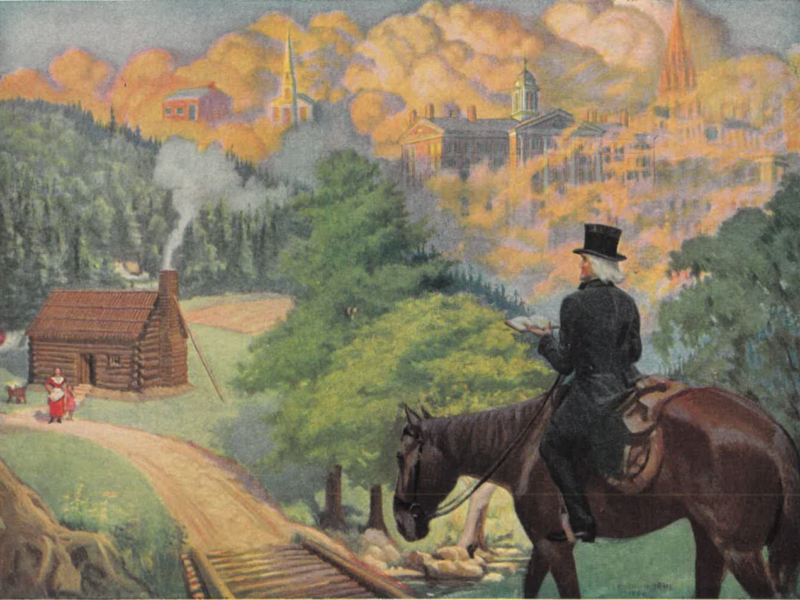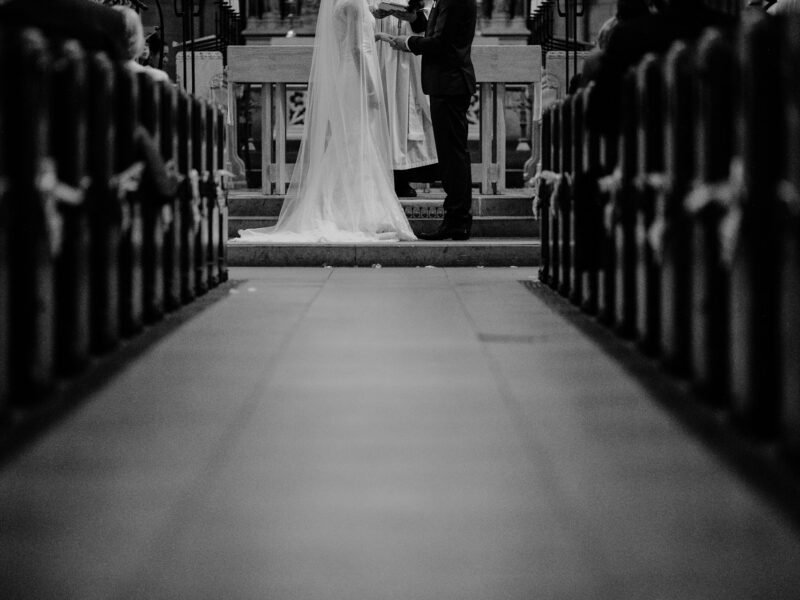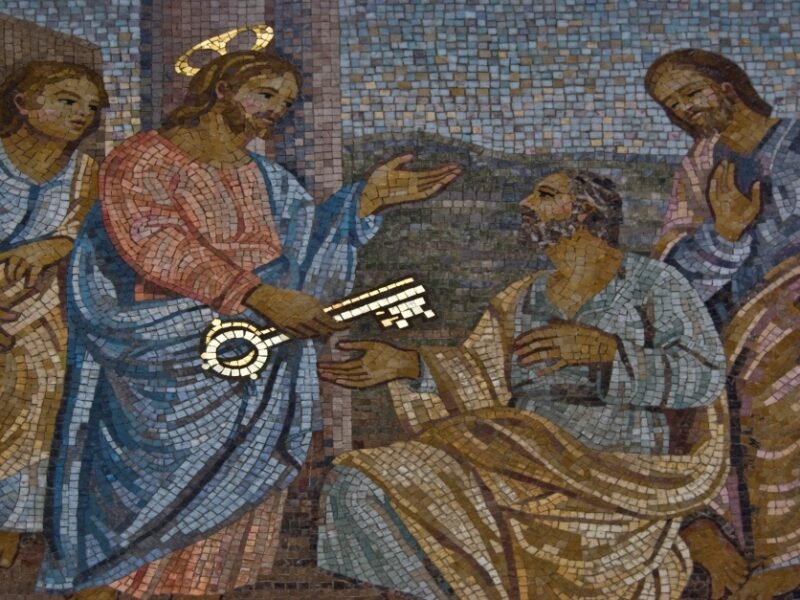Faithful cross! above all other,
one and only noble tree!
None in foliage, none in blossom,
none in fruit thy peer may be;
sweetest wood and sweetest iron!
Sweetest weight is hung on thee.
Bend thy boughs, O tree of glory!
Thy relaxing sinews bend;
for awhile the ancient rigor
that thy birth bestowed, suspend;
And the King of heav’nly beauty
on thy bosom gentle tend.
This past year or so, the Curse has been unveiled. Unjust war breaks out on the international scene. Social isolation and economic immobilization bring forth maladies of abuse, self-harm, addiction, and even suicide. Neighbor has been set against neighbor in contempt and fear, manifesting in riots and looting. The unborn are still murdered under the protection of law. Some churches have been riven and even killed by unnecessary division, while others have abandoned the faith once delivered, adopting the spirit of the age in order to receive the honor of men. Corrupting, predatory ideologies target vulnerable boys and girls with gross immorality. Heavy-handed crackdowns strive to quell dissent. Those who claimed the name of Christ now apostatize, embracing spiritual death. When we see the carnage, when we linger at the portal of death, and when we ourselves or those we love pass through it, where is God?
Maybe we don’t need Him. Maybe, if we educate ourselves enough, we can solve the problems afflicting the human race. And why stop there? We can save the world. That seems to be the assumption these days. If we could only discern the right judgments, lay out the right plans, and legislate the right policies, we could have a go at this whole “human flourishing” thing. “Imagine,” John Lennon crooned. Yes, a knowledge of Good and Evil, without waiting on God. We are gods. And so we must seize our own destiny and greatness by the horns.
Soon, we find ourselves not only blaming others for our problems and trying to dissemble before our Creator. We must be rid of Him. We find ourselves trying to destroy God by murdering our very brother who bears His image. Such lays the foundation for our civilizational projects. We’ll build a tower to the heavens. We’ll take what we want, and we want a lot because nothing seems to fully and finally sate our appetites. Like Lamech, we’ll sing songs—perhaps with a catchy beat—about our prowess when it comes to sex and violence. And, as the innocents are crushed underfoot, the outcry will stink to high heaven. But, don’t worry. God won’t judge. The day of His visitation is certainly not today…until it is. That is when we hide ourselves from Him—begging the mountains to cover us rather than to face His fiery visage.
This our way is very foolishness, and yet our posterity praise our sayings. And anyone who says anything different had better watch out. From the righteous blood of Abel to Zechariah the son of Berechiah, God’s prophetic witnesses must be silenced, even if their blood defiles sacred ground and cries out all the more for vengeance. Men were made to be trees, bridging heaven and earth in mediating stewardship. However, it is clear we are as the cursed fig trees that bring forth no life-giving fruit.
Is there another tree—a tree of life planted by the river and yielding a different fruit? Can there be a shed blood that speaks a better word than the blood of Abel—a word not only of condemnation but of the remission of sin? What can redeem us from the bondage of sin, freeing us from the reign of a serpent that laps up the dust—that dragon eager to consume the sons of men who were formed from the dust of the ground?
Can it be the expiring Son of a carpenter in first-century Jerusalem, mocked before His own mother? Outside the gates of an unfaithful and spiritually adulterous city, the Son of Man accomplishes the salvation of the world. Can we not see the substitutionary Lamb crowned with thorns, the messenger-son of the vineyard owner, the high priest offering Himself as sacrifice, the Purger of sin’s defilement? This tree on Calvary bears a fruit surpassing all others, for it is the tree of life that will once again establish the Edenic paradise on earth, reconciling man with God.
But, first, the dead seed must be laid into the ground if it is to spring forth into an abundant, life-giving harvest. Only then will the Second Garden of the Second Adam come into bloom. It is then that the God in flesh that we can now see face-to-face will open the way for our resurrection from the dead with His own rising. He is the Vine bearing many branches, source of eternal life to all that abide in Him.
It will take three days, just like the sign of Jonah. In God’s good time, the portal of death will become the portal to life. Even so, my soul truly waiteth still upon God.







'“None in Fruit thy Peer May Be”' has no comments
Be the first to comment this post!